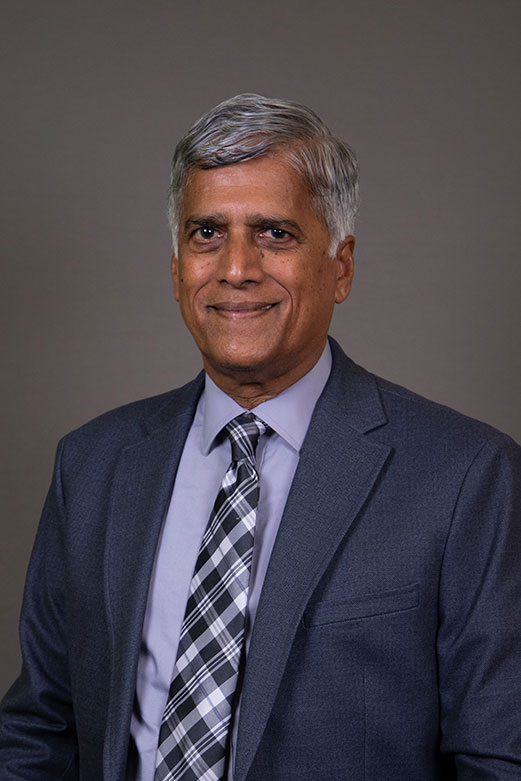MD Program
MD Program
Program Objectives
The UTRGV School of Medicine is committed to providing a forward-thinking medical education experience that graduates physicians dedicated to practicing scientific, evidence-based, and patient-centered medicine in any setting, but particularly in under-served communities. The curriculum provides a unique educational experience that integrates basic science disciplines, clinical skills, and professional development throughout the four-year program by incorporating and promoting:
- Principles of evidence-based practice and scientific research;
- Community and population-based health care;
- Patient advocacy and cultural awareness;
- Inter-professional collaboration and communication;
- Ethical and professional behavior;
- Life-long learning and problem-solving.
The school’s distinctive geographic location at the border of the US and Mexico offers a rich bicultural experience that will afford students with the opportunity to experience and to learn about border medicine and the interplay between the cross-cultural, socio-economic and environmental determinants of health.
Education Program ObjectivesThe Four-Year Curriculum
The general four-year curriculum is divided into two pre-clerkship years comprised of sequential and longitudinal learning courses and two clerkship years comprised of clerkships, selective clerkships and sub-internships and electives.
Curriculum Schematics
Curriculum Integration:
Woven throughout this four-year integrated curriculum are:
- Interprofessional Education: Students are given the opportunity to experience interprofessional education and team-based care by working and learning alongside an array of disciplines that include nursing, pharmacy, physician assistants, public health, social work, behavioral health and occupational therapy.
- Early Clinical Exposure: Students are given the opportunity to participate in direct patient interactions during the pre-clerkship years through venues such as the UTRGV Student-Run Free Clinic, Colonia UniMovil clinics, Operation Lone Stars, health fairs, and more.
- Underserved Medicine: Student are given the opportunity to work in under-served communities, Colonias, and at the student-run free clinic, to learn about healthcare disparities and population health.

